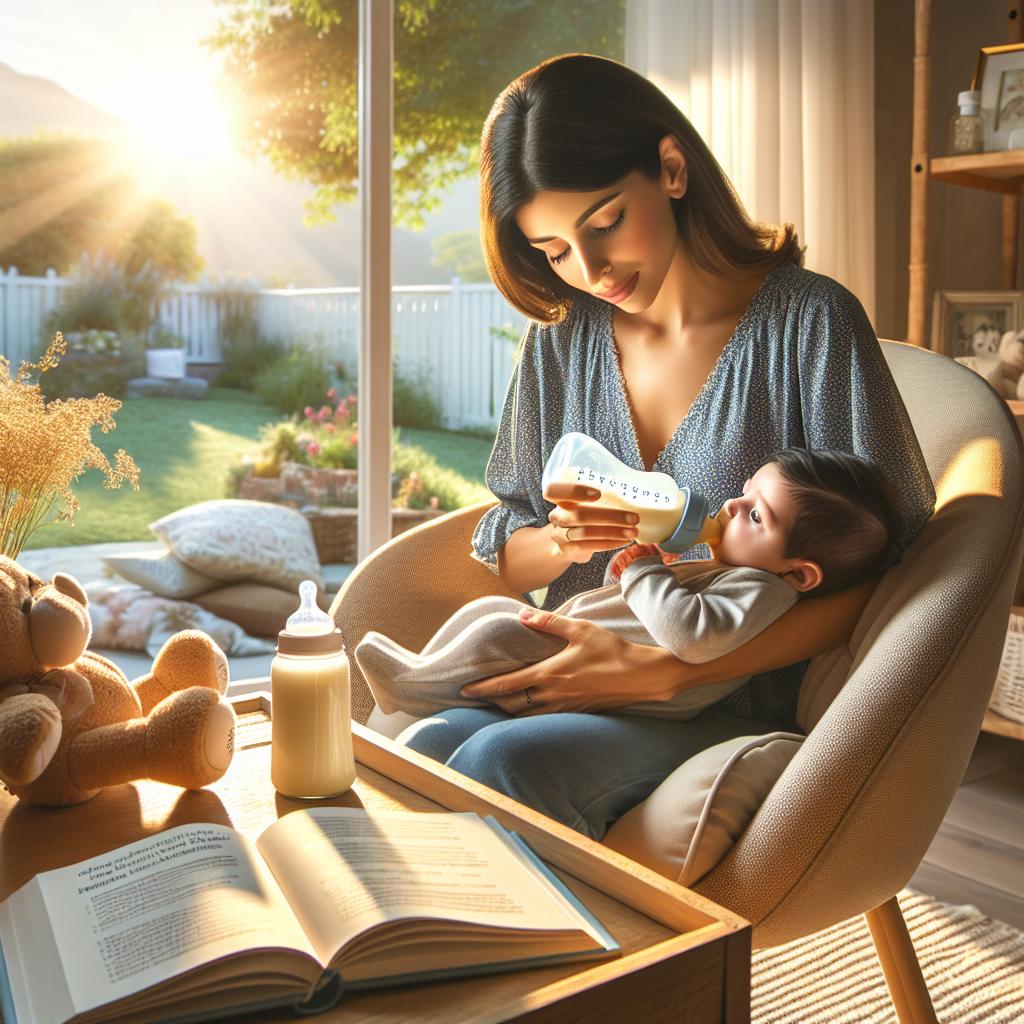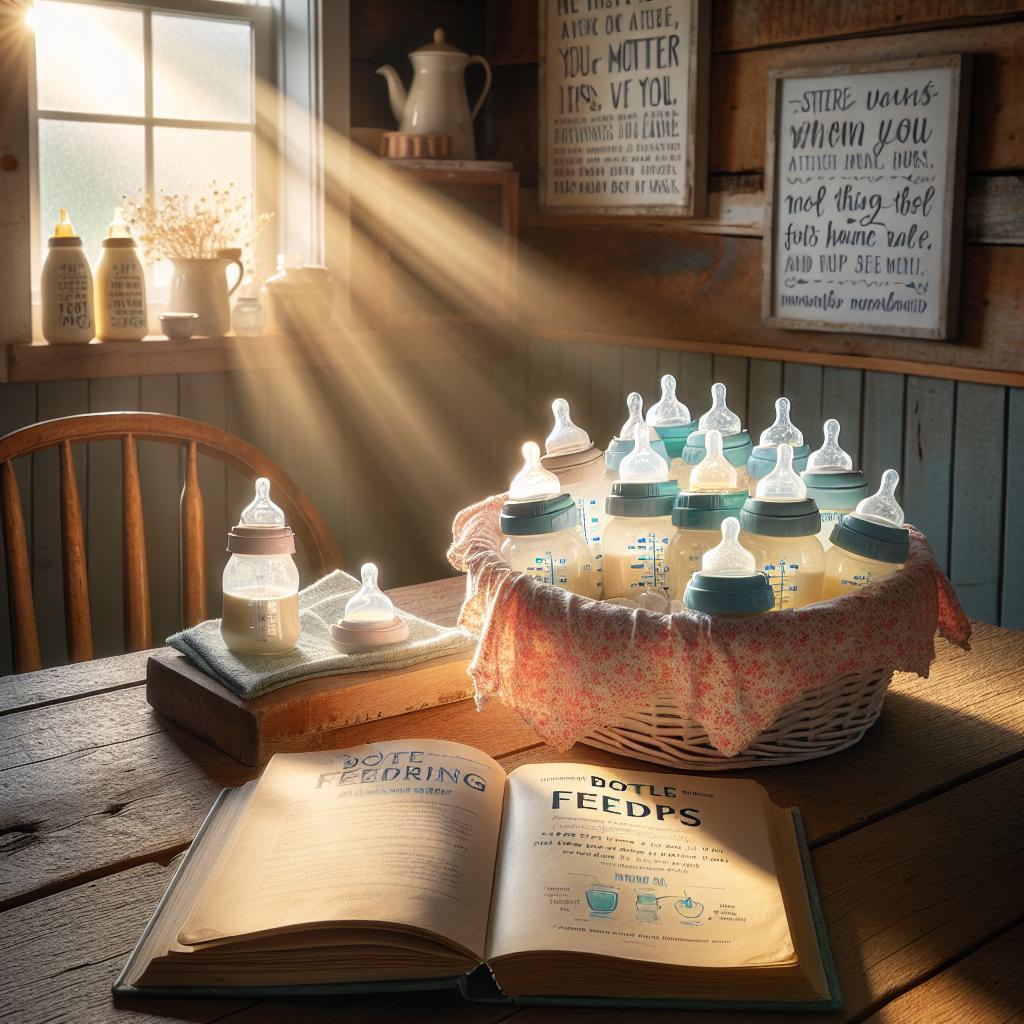Understanding Your Baby’s First Words
The journey of language development is an exciting one that’s filled with adorable and memorable milestones. The biggest of these is undoubtedly when your little one utters their baby first words. These are much anticipated, and they fill every parent’s heart with indescribable joy and immense pride.
A Timeline for Baby Language Development
Every child is unique and so is their language development timeline. However, there are general timelines that most children follow. Let’s have a look at these:
– 6 months: Babies begin by expressing their feelings through sounds. Laughter, cries, and coos become a part of their early communication.
– 9 to 12 months: This is the stage when your baby might start to babble and imitate sounds, which is a sign of them experimenting with language.
– 12 to 18 months: Here comes the magical moment when the baby first words are usually spoken. Common first words include “mama,” “dada,” or “baba.”
According to Stanford Children’s Health, by age 2, most children start forming two-word sentences, and by three, they should be able to carry simple conversations.
Factors Influencing Speech Development
Several elements can influence your baby’s speech development.
– Parent’s interaction: Your interaction with your child is crucial. According to this handy guide, responding to your baby’s coos and babbles can encourage more vocalization.
– Feeding techniques: The way you feed your baby also affects their speech development. Check out this must-read post on feeding techniques and baby’s oral development.
– Exposure to language: Regularly talking, singing, and reading to your baby exposes them to language, aiding their speech development.
Encourage Your Baby’s Speech Development
While the course of speech development is largely individual for every baby, there are ways you could foster your child’s language skills:
– Respond to your baby’s sounds and try to mimic them.
– Talk to your baby throughout the day about what you’re doing.
– Read to your baby every day.
– Sing songs and nursery rhymes.
– Encourage babbling and the use of noise-making toys.
Celebrating Baby First Words
When the time comes and your baby utters their first words, it’s a cause for celebration. This moment marks the beginning of a new chapter in your little one’s life and signifies a budding independence. It’s a priceless moment, leaving parents filled with pride and joy.
However, remember to be patient. Don’t stress if your little one hasn’t started babbling or talking as early as others. According to a discussion on Reddit, babies develop at their own pace, and what matters is steady progress.
Determining If Your Baby Is On Track
One of the big questions many parents have is whether their child is on track with their speech development. According to the speech and language milestones provided by the Children’s Hospital of Philadelphia, it might be a cause for concern if a baby has not uttered any single words by 15 months or two words together by 24 months. Nevertheless, it’s essential to consider each child’s development on an individual basis.
When to Seek Professional Help
If you’re concerned about your child’s speech development, it might be beneficial to consult a professional. The National Institute on Deafness and Other Communication Disorders recommends getting an evaluation if a child is not meeting the speech and language developmental milestones for their age.
Exploring the Role of Hearing in Speech Development
Hearing plays a critical role in speech development. Issues with a baby’s hearing can impact their ability to develop speech and language skills. Therefore, regular hearing check-ups are recommended to ensure your baby’s ears are functioning correctly. The American Speech-Language-Hearing Association suggests a hearing test if a child doesn’t respond to sounds or doesn’t vocalize regularly.
Baby’s First Words and Cognitive Development
The utterance of your baby’s first words is not only a sign of speech development but also an indication of cognitive development. The capacity to form and understand words is a critical aspect of problem-solving, memory, and attention skills. For instance, communication milestones from birth to 1 year are often seen as a demonstrative pathway of a child’s cognitive growth.
Making the Most of This Milestone
Enjoy every moment leading up to and after your baby’s first words. Celebrate this milestone and engage with your child in numerous linguistically stimulating activities. Keep the channels open for communication, return their sounds, and show enthusiasm when they vocalize.
Parenting: A Journey Filled with Milestones
Welcoming a baby and watching them grow is a beautiful journey of countless milestones. From the first smile to the first word, each accomplishment brings a wave of pride and unmeasurable joy. In this journey, it is key to remember that each child’s path of development is unique and comparisons should be kept minimal. Your love, patience, and support play a critical role in nurturing your child’s growth and unveiling their potential.






